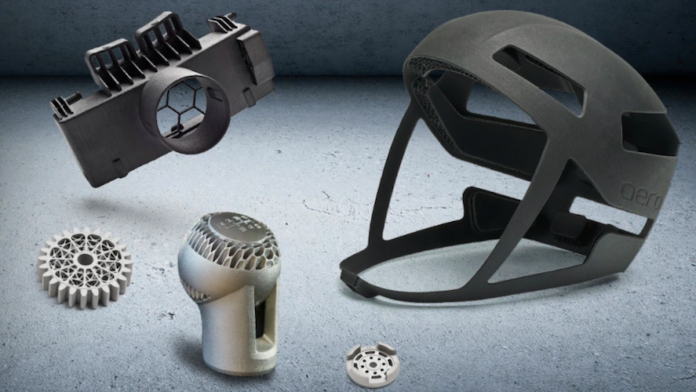Companies are increasingly investing in advanced 3D printing solutions that provide the agility, speed, and flexibility necessary to grow their business and become more resilient in an ever-changing environment, HP’s Digital Manufacturing Trend Report shows.
HP tapped SME Media/Research for the study done from July 28 to August 11, and covered 2,175 3D printing and digital manufacturing decision makers in Canada, China, France, Germany, Japan, Mexico, Singapore, the United Kingdom, and the United States.
Findings reveal that regardless of sector or location, companies are looking to 3D printing to strengthen their supply chains, become more agile, and create more innovative product development and manufacturing strategies.
There is rising investment in 3D printing, support for 3D printing as a viable alternative to traditional manufacturing, and a greater desire for closer ecosystem collaboration to drive adoption.
Manufacturing decision makers also see opportunities for accelerated innovation, recognising that 3D printing is uniquely suited for the mass personalisation of new products, and by also reducing waste and promoting a more sustainable economy.
“The global manufacturing sector is clearly signalling a desire for greater supply chain resiliency, more manufacturing flexibility, increased speed of innovation, and stronger environmental sustainability,” said Ramon Pastor, general manager of HP 3D Printing & Digital Manufacturing.
“They are seeing industrial 3D printing as a way to not only lower costs and go to market faster, but as a unique competitive advantage that accelerates innovation for customers,” said Pastor.
HP’s Digital Manufacturing Trends Report Highlights Include: Digital Manufacturing Technologies are Spurring Economic Advancement and Agility
Over the next 12 months, 71% of respondents plan on investing in digital manufacturing technologies, and over four-in-five respondents (85%) indicated that their company plans to increase their additive manufacturing/3D printing investment.
Three-quarters of respondents said that additive manufacturing/3D printing helps their company be more agile, is a viable alternative to as well as backup to traditional manufacturing.
The top new areas of innovation that companies are investigating include mass customisation for direct-to-consumer products, production on demand, and digital warehousing/virtual inventory.
Medical, industrial, and automotive were called out as the industries most ripe for innovation in additive manufacturing/3D printing over the next five years.
















